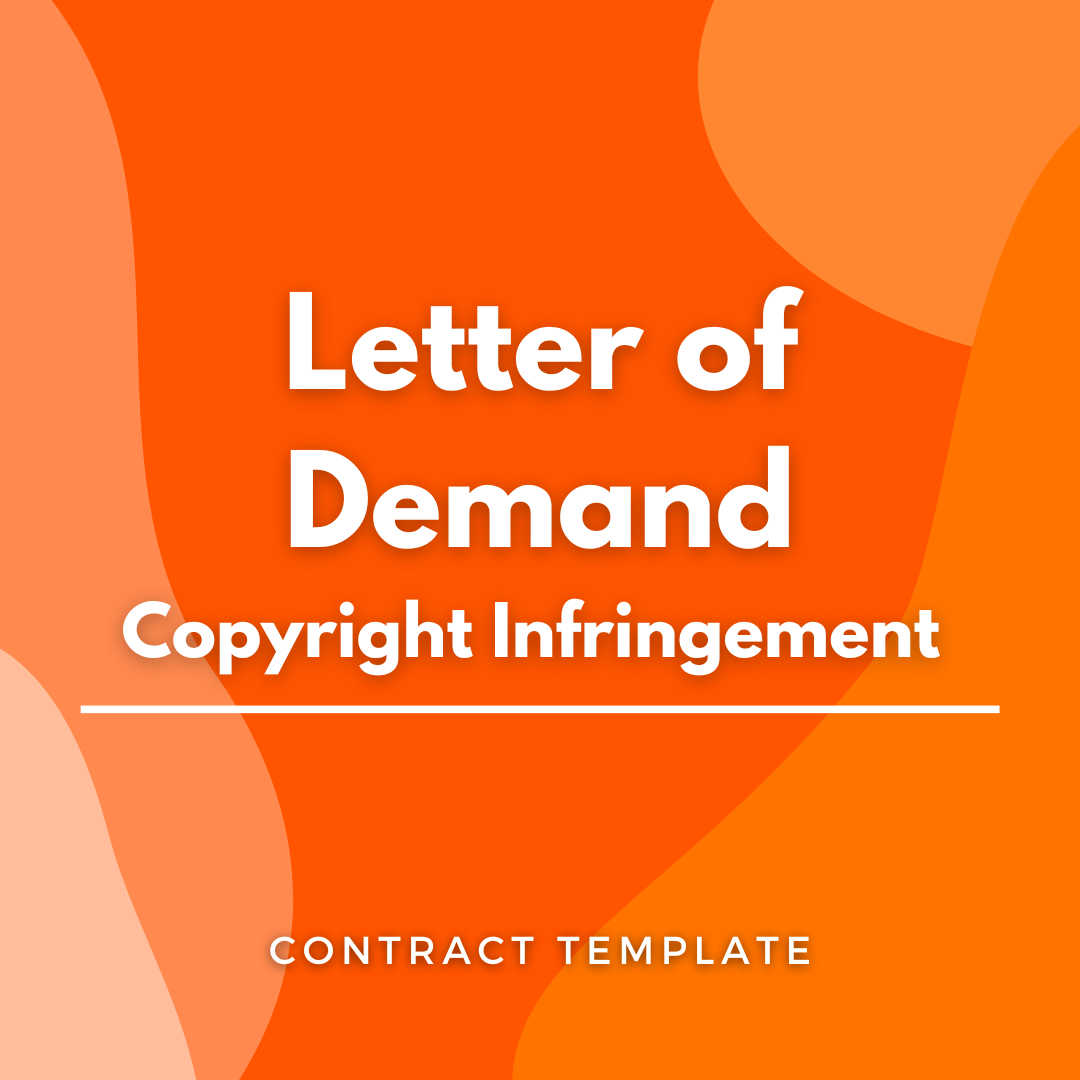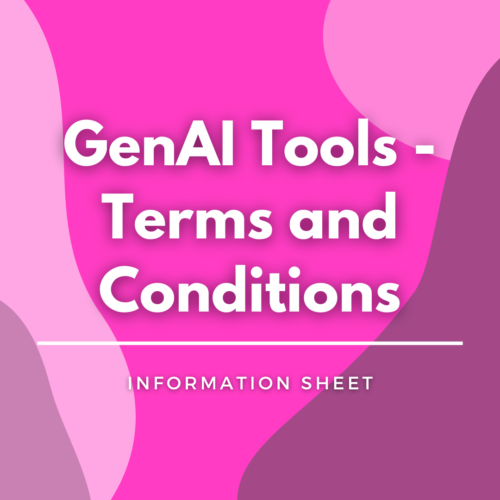Alternative Dispute Resolution – Mediation
Alternative Dispute Resolution or ADR are processes to resolve disputes without going to court, including by mediation and expert determination. This information sheet discusses different types of ADR and how the Arts Law mediation service works.
What is alternative dispute resolution?
Alternative Dispute Resolution or ADR refers to processes, other than judicial determination, in which an impartial person assists those in a dispute to resolve the issues between them. ADR can also be used to mean ‘assisted’ or ‘appropriate’ dispute resolution. Sometimes it is used to include approaches that enable parties to prevent or manage their own disputes without outside assistance.
The creative industries are no exception when it comes to disputes. Filmmakers can fall out leaving a film project unable to be completed. Artistic collaborations falter over creative differences or misunderstandings as to costs, processes, and responsibilities. Bands split up unable to agree on ownership of music or what direction to take. Writers may be in dispute with a publisher over royalties. Such disputes are often characterized by the importance of the personal relationships involved. People who work within the creative industries often need, or desire, to work together on projects in the future and don’t want that opportunity sabotaged by a dispute over the current project. Often the parties – or at least one of them – to the dispute can’t afford the expense of lawyers and going to Court.
Where the only options are walking away or litigation, permanent damage can be inflicted on on relationships and creative projects are often permanently stalled or prevented from coming to fruition.
ADR can provide a relevant, cost effective, fair and timely means of resolving disputes in a manner which, to the extent possible, preserves the parties’ relationships and creates maximum opportunity for projects to be realised and completed. There are a number of different ADR processes including mediation, expert determination and non-binding evaluation. In this information sheet we discuss mediation. For information on other ADR processes see Arts Law’s information sheet Binding Expert Determination and Non-binding Expert Evaluation.
What is mediation?
Mediation is a process of dispute resolution which encourages the parties in a dispute to isolate the issues, to develop possible settlement options, and to negotiate a resolution which is acceptable to them. Instead of having a judge, magistrate or arbitrator impose a decision, an impartial person – the mediator – facilitates the process and, if the dispute is resolved to the parties’ satisfaction, the mediator helps the parties to set out their solution in the form of a written agreement which will be legally enforceable.
In mediation the parties never hand over the power to make decisions to anyone else. The mediator cannot make or impose decisions on the parties. Settlement occurs only if the parties agree.
Although both mediation and “without prejudice” settlement negotiations are ways of resolving legal disputes, mediation differs from “without prejudice” settlement discussions in the following ways:
- Mediation provides a way for parties to resolve their disputes by focussing on their interests and concerns. On the other hand, “without prejudice” settlement negotiations are concerned with reaching a compromise based on legal rights and obligations.
- Mediation requires the parties to meet face-to-face rather than leaving them to communicate via their legal representatives. This allows all areas of concern to the parties to be dealt with, and helps keep the problem in the control of the parties.
- Independent mediators help the parties to identify precisely what the issues are between them, and encourage them to resolve these. Having an impartial person taking part in the dispute resolution process allows the parties to air their views in a non-confrontational way.
Do I have to participate?
If you have entered into a contract which requires you to resolve your disputes by mediation then you must engage in the mediation process once a dispute arises. You cannot start court proceedings until you have done so. Alternatively, if you refuse to participate then the other party may be entitled to start court proceedings and will let the court know that you have refused to comply with the terms of the contract requiring mediation.
If there is no contractual clause requiring mediation then it is simply a tool that can be used if the parties all agree. Mediation in that situation is voluntary. If you wish to mediate and the other party does not, then mediation cannot occur. Your only choices then may be to walk away or start court proceedings.
What exactly does a mediator do?
The easiest way to answer this question is to start by saying what a mediator does not do. The mediator does not impose a solution on the parties. The mediator cannot make any decisions for the parties. The mediator does not give legal advice (if the parties reach an agreement which the mediator considers would be unenforceable they will advise the parties to obtain legal advice). What the mediator does is to raise settlement options to assist the parties, and to discuss these. The mediator uses their training to facilitate the parties to reach their own agreement.
How is mediation different from arbitration?
Although both of these processes are alternatives to litigation, they are very different in method.
Arbitration: the parties agree to be bound by the decision of the arbitrator and the arbitrator is bound to make a decision. Therefore, an arbitrator’s decision can be difficult to appeal from if you are not happy with it. Arbitration is also generally a much more formal process.
Mediation: the parties make the decision by striking a legally enforceable agreement with each other, which is facilitated by the mediator. If an agreement cannot be reached, the option to go to Court is still available. If an agreement is reached, and a party breaches it, the other may take the matter to Court. Mediation is a more accommodating process and offers maximum flexibility to enable the parties to reach an agreement.
How does mediation differ from binding expert determination and non-binding expert evaluation?
Mediation can be contrasted with the other two ADR processes offered by the Arts Law’s ADR Service. The expertise of the third party assisting the parties is in facilitating agreement by the parties: in binding expert determination and non-binding expert evaluation the expertise of the third party will be in the area of the subject matter of the dispute for example film production or musicology. In mediation, the expert does not evaluate or determine the dispute but focusses on the parties and their needs. Expert determination and evaluation will each result in the expert making a determination or decision about the dispute which, in the case of expert determination is binding on the parties and, in the case of ex[pert evaluation, the parties can accept or not as they choose.
What’s so good about mediation?
Mediation is:
1. cost and time effective
Mediation is usually much less expensive than going to court because:
a. preparation work required for a mediation is minimal compared to preparing for a court hearing;
b. a mediation can usually be arranged at relatively short notice. This is a particular advantage given that significant delays are common in Australian courts;
c. a dispute which may take several days to resolve in court can often be done much more quickly because the process is not bound by the rules of evidence.
2. voluntary
All parties have the right to withdraw from the mediation at any time.
3. informal
The parties and the mediator agree to certain rules of conduct before the mediation to ensure that each party is given a full and fair hearing. There are no rules of evidence to restrict what is discussed.
4. controlled by the parties
There is a famous saying by a United States judge that “it is a rare litigant who recognises his case in court”. With a court hearing, parties depend on their legal representatives to put their case for them, they are bound by the complex and technical rules of court procedure and are limited by the restricted range of solutions a court can offer. In contrast mediation is flexible, informal and always remains within the control of the parties: a “successful” mediation is because the parties have reached an agreement which satisfies them both.
5. private and confidential
Before the mediation begins the mediator and the parties agree in writing that they will not disclose to anyone else what is discussed in the mediation, and that no party will issue a subpoena to any other party or the mediator to produce documents or give evidence if the mediation fails and the dispute is dealt with in court at a later stage. Court proceedings, on the other hand, are generally open to the public and the media.
6. “privileged”
Unless ALL parties agree, nothing which is said at or in connection with the mediation can be repeated by the parties or the mediator in court if the mediation fails, and no documents produced at or in preparation for the mediation (such as correspondence between the parties concerning the mediation, mediation position statements, calculations or similar documents) can be used in court proceedings.
However, if the mediation results in the parties reaching agreement, and subsequently a party wishes to take court action against another for breach of the agreement, matters dealt with in the mediation, or which are incidental to it, may be raised in court proceedings.
7. an opportunity for the parties to preserve or resurrect their relationship
Very often a dispute occurs between parties who have had a good working relationship until one disagreement threatens to destroy it. Because a court is an adversarial forum resulting in a “winner” and a “loser”, even a “successful” party will almost always suffer the demise of that relationship as a result of pursuing their claim. Mediation, on the other hand, is designed to minimise the disruption (both commercial and personal) to party’s relationships.
8. a means of dispute resolution which is additional to going to court
Even if a mediation does not result in the parties reaching a binding agreement, the process will almost always have given the parties a clearer insight into the dispute, and often makes subsequent “without prejudice” settlement negotiations easier. And if all else fails the last resort option of going to Court is still available.
How does the Arts Law Centre of Australia’s ADR service work?
Arts Law’s ADR service provides parties in dispute with access to experts who can assist as mediators or as experts for the purpose of binding expert determination or non-binding expert evaluation.
Arts Law has access to a panel of mediators and experts who offer their services for the purpose of providing a low cost ADR to artists and arts organisations. It is designed for parties who are not represented by lawyers.
Before considering ADR, you should seek legal advice as to your legal rights and how the different types of ADR processes work. Subscribers to the Arts Law Centre can get this advice from one of the Centre’s panel lawyers.
Do I need to be a subscriber to Arts Law?
Yes. Whilst the Arts Law Centre of Australia does not charge any fee for its ADR service, if you are the person calling Arts Law and requesting ADR, you must become an Arts Law subscriber. For more information on subscription and the cost of subscription please contact Arts Law or go to the Arts Law website (www.artslaw.com.au/Subscriptions/).
Are there any costs involved in mediation?
Yes. Arts Law recommends to its panel of mediators that their fees should not exceed $200 per hour (exclusive of GST) for disputes involving two parties. The parties will be advised if their chosen mediator charges more that this recommended amount. It should be noted that Arts Law cannot dictate the fees that ADR practitioners charge. There are a small number of pro bono ADR practitioners which may be available to parties in significant financial distress.
Mediation (including a preliminary conference to set the procedure for mediation) will usually take at least 3 to 5 hours, so each party should be prepared to spend at least $300 (exclusive of GST). The parties are encouraged not to have legal representation at the mediation as this will escalate the costs and may interfere with the aim that both parties work together to find a solution to their problems.
This charge is usually borne equally by the parties. It is not possible for Arts Law to ascertain the cost of the mediation process up front – this is something the parties should discuss with the mediator before proceeding. The parties and mediator might agree on a fee for a predetermined period for the process to be paid at the start of the process, and then renegotiate if they wish to continue in the event that settlement is not reached in the agreed time.
What happens next?
If you decide to mediate your dispute, and a mediator has been chosen, the mediator will give the parties a mediation agreement to sign. This agreement covers issues such as how confidentiality will be maintained, payment of the mediator, and a release which the parties give to the mediator in relation to taking legal action against him or her.
The parties usually will prepare brief written submissions prior to meeting. The mediation itself typically begins with introductory remarks from the mediator, who explains the process and how it differs from other forms of dispute resolution such as arbitration, and lays down ground rules for the conduct of the mediation which the parties agree on to ensure that everyone gets a fair hearing. The mediator then facilitates discussion and resolution of the issues by the parties. The mediator guides rather controls the process, assisting the parties in isolating the issues, developing possible solutions and negotiating a resolution acceptable to both parties. Each party has an opportunity to explain how they see the dispute. This enables the problems to be defined before settlement options are considered. A “joint session” usually follows, at which issues are identified and settlement options explored. The mediator may then consult separately (and confidentially) with the parties: this is called “caucusing”. The purpose of caucusing is to enable the mediator to understand how each party perceives their strengths, weaknesses and particular grievances in the absence of the other parties, which may help in developing settlement options.
The mediation might then proceed to a further joint session and caucusing as the parties and the mediator think appropriate, until the parties reach an agreement or it becomes clear that agreement will not be reached. Should the parties come to an agreement, the mediator may assist in drafting a legally enforceable agreement reflecting the solution.
Disclaimer
The information in this information sheet is general. It does not constitute, and should be not relied on as, legal advice. The Arts Law Centre of Australia (Arts Law) recommends seeking advice from a qualified lawyer on the legal issues affecting you before acting on any legal matter.
While Arts Law tries to ensure that the content of this information sheet is accurate, adequate or complete, it does not represent or warrant its accuracy, adequacy or completeness. Arts Law is not responsible for any loss suffered as a result of or in relation to the use of this information sheet. To the extent permitted by law, Arts Law excludes any liability, including any liability for negligence, for any loss, including indirect or consequential damages arising from or in relation to the use of this information sheet.
© Arts Law Centre of Australia
You may photocopy this information sheet for a non-profit purpose, provided you copy all of it, and you do not alter it in any way. Check you have the most recent version by contacting us on (02) 9356 2566 or tollfree outside Sydney on 1800 221 457.
The Arts Law Centre of Australia has been assisted by the Commonwealth Government through the Australia Council, its arts funding and advisory body.




